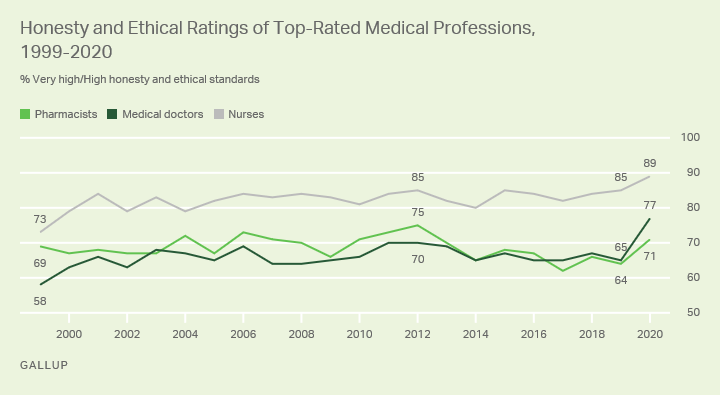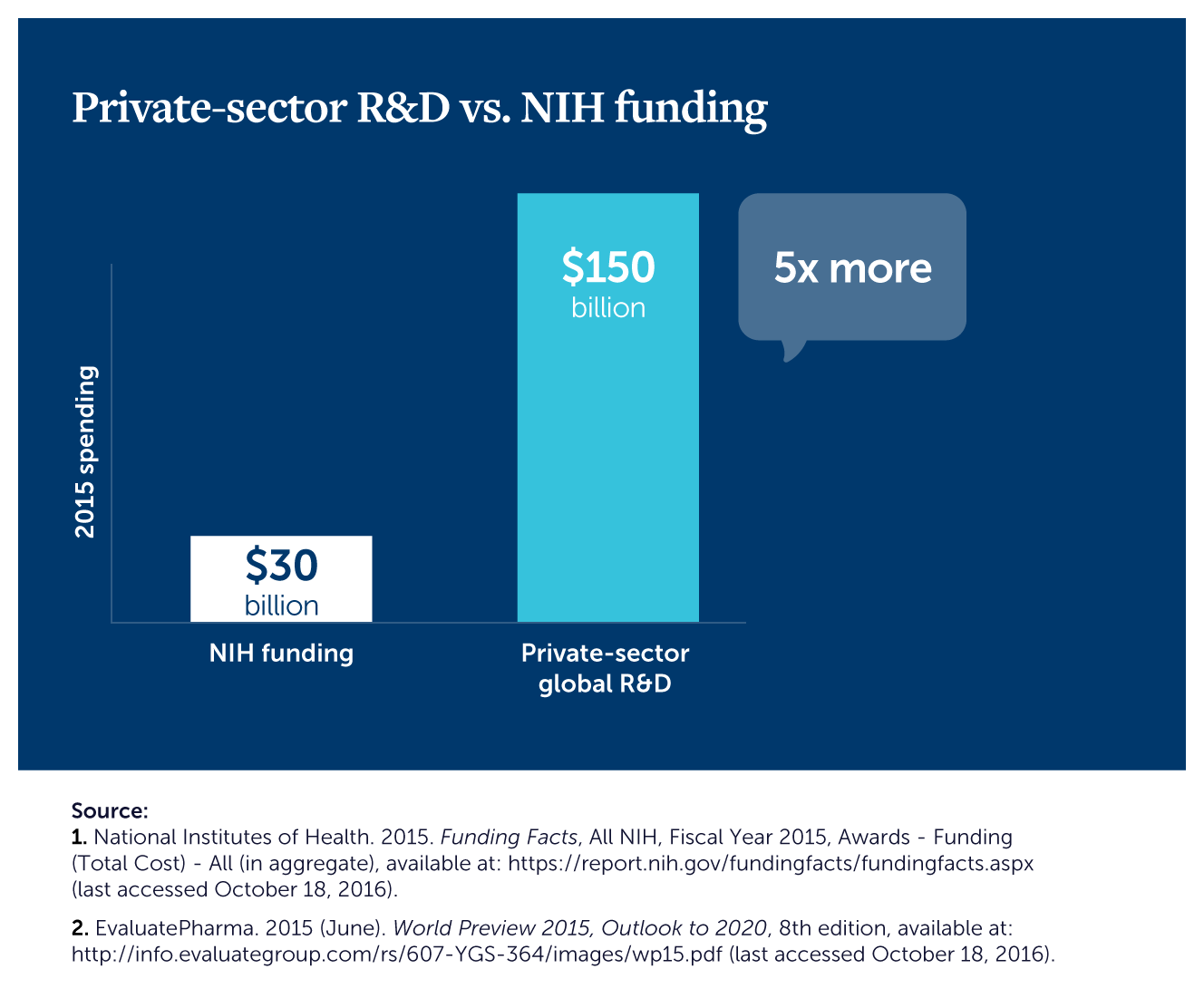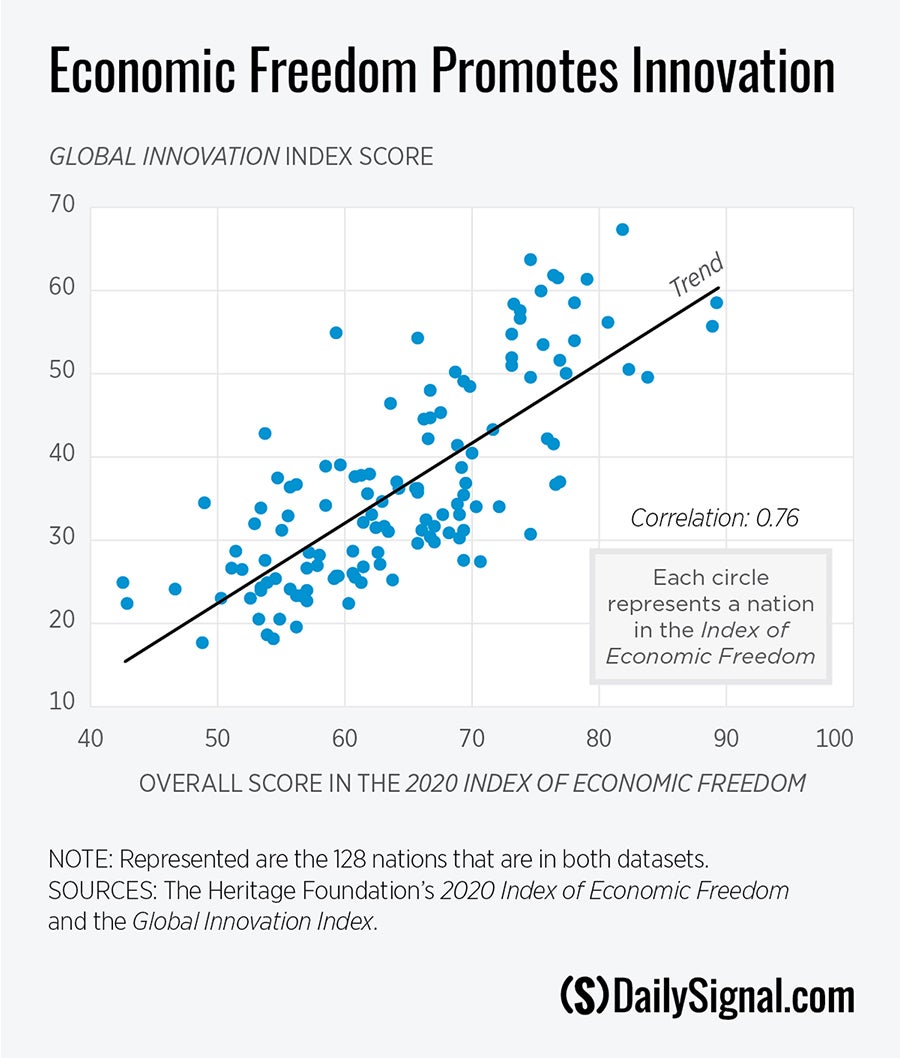USC Healthcare Fellow: Biden’s “Inflation Reduction Act” Already Killing Potential Pharmaceutical Cures
We at CFIF often warn how attempts at “drug price controls” will only succeed in killing lifesaving drug innovation, in which the U.S. leads the world without a close second.
Joe Biden’s so-called “Inflation Reduction Act” constitutes a perfect illustration, and in a Wall Street Journal piece entitled “The Inflation Reduction Act Is Already Killing Potential Cures,” USC Schaeffer Center for Health Policy & Economics fellow Joe Grogan shows how “we’re already getting signs of the damage”:
One poorly crafted provision is driving companies away from research into treating rare diseases. In its Oct. 27 earnings statement, Alnylam announced it is suspending development of a treatment for Stargardt disease, a rare eye disorder, because of the company’s need ‘to evaluate impact of the Inflation Reduction Act.’ Alnylam’s decision turns on a provision in the Democrats’ bill that exempts from price-setting negotiations drugs that treat only one rare disease. The company’s drug is currently marketed as treating only amyloidosis, and thus is exempt from Medicare’s price setting. If Alnylam proceeded with research into treating Stargardt, it would lose its exemption.”
And that’s not even the end of it. Earlier this week, Eli Lilly announced termination of a blood cancer drug because, “In light of the Inflation Reduction Act, this program no longer met our threshold for continued investment.”
Mr. Grogan proceeds to offer a must-read primer on how and why this is happening, then concludes by admonishing the next Congress convening in January to abandon this instant disaster and promote innovation instead of cheap Biden Administration talking point schemes:
The Democrats may have achieved a short-term talking point for the midterm elections, but in the long term this partisan healthcare bill will prevent patients from receiving innovative, lifesaving treatments. A new Congress would serve Americans well by replacing the Inflation Reduction Act with an approach that recognizes the need for economic incentives to bring new treatments to patients.”
Good advice.



.jpg?width=2400&name=PhRMA_Catalyst_NIH_In-Blog_Graph%20(3).jpg)






 CFIF Freedom Line Blog RSS Feed
CFIF Freedom Line Blog RSS Feed CFIF on Twitter
CFIF on Twitter CFIF on YouTube
CFIF on YouTube